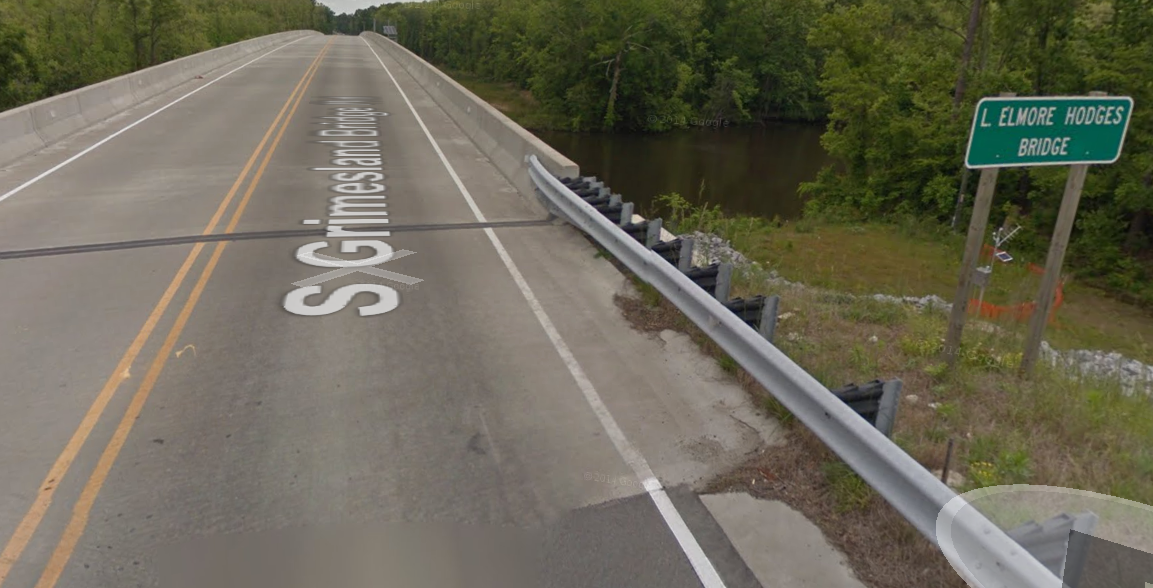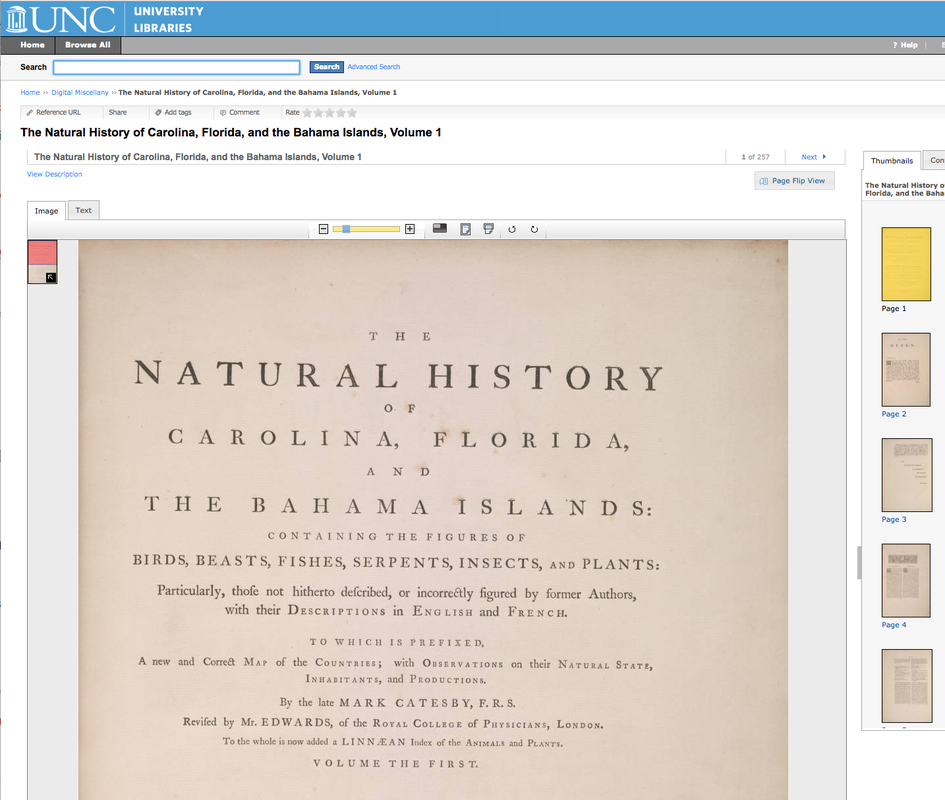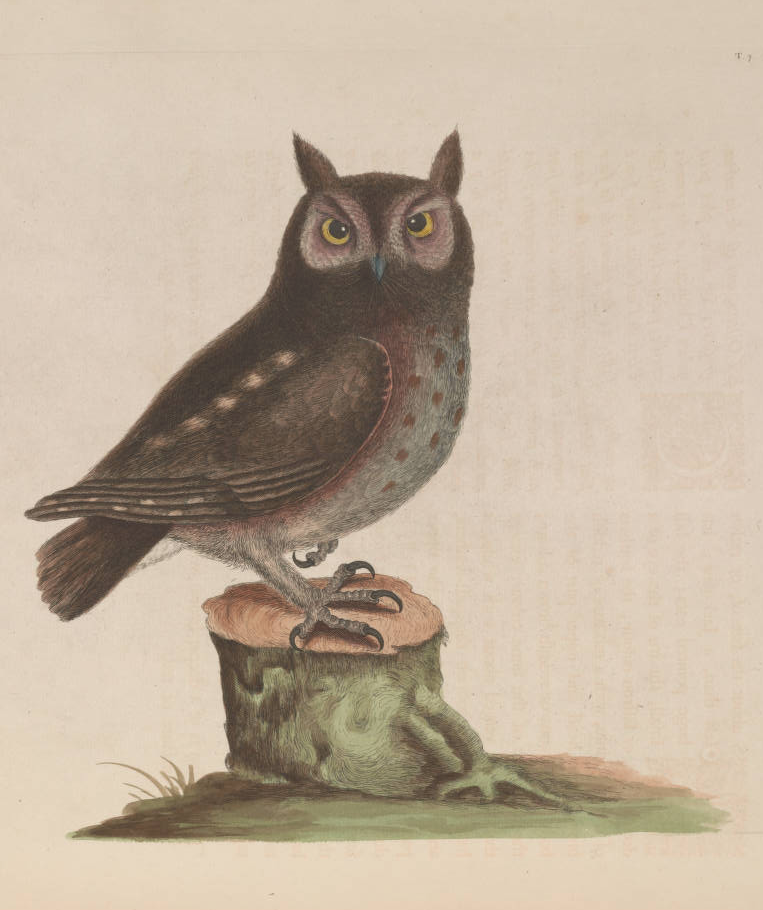But as I go through the typescript, I occasionally see something that even the copyeditor didn't question, because he'd have had no basis to question it. This is just about the last time I can correct such errors, so I'm open to them. One thing that caught me was my description of crossing "the Elmore Hodee bridge." Hodee? Really? I doubted that; it sounded like a mistype of "Hodge," yes? Well, I could have pawed through my notes from three years ago, but that sounded pretty awful. So I looked up "Elmer Hodge" and found something in a list of North Carolina bridges, but it was "Hodges," not "Hodge." Well, now what? Now I pulled up Google Maps, got down to street view, and looked at the god damned sign. It was the L. Elmore Hodges bridge, and it's right in the book now, but honestly: Do you not despair with me that we'll ever find another reason to leave our houses?
The copyeditor has also noted, for example, that I occasionally mention a book in text that does not show up in my bibliography, urging me to include it. Fair enough, a good point, to which i happily accede. At this point we all know of course that I do not need to go to the library to gather the information for such an inclusion; I don't even need to walk over to my bookcase and find a citation in the bibliography of one of my other sources. Not only can I find a full citation online -- I can find the entire book online, most times. For example, I mention Mark Catesby's famous Natural History of Carolina, Florida, and the Bahama Islands, published in London in 1771. And not only can I find the text of that seminal volume online: I can find the entire book, scanned page by page, in the University of North Carolina Libraries digital miscellany page.
| Naturally I'm not going to be satisfied with checking the title page so that I know what year it was printed (MDCCLXXI, like I thought) and by whom (for Benjamin White, at Horace's Head, in Fleet Street, if you want to know). No, I'm going to have to go poking around among the images. The one at right Catesby calls the little owl, though you and I would likely call it a screech owl. I heard one call when I slept on someone's porch on the Intracoastal Waterway. So this is wonderful. I mean it's terrible. I mean it's ... I mean I don't know what I mean. The world is a better place, and knowledge can advance faster, with resources like this available everywhere in the world with broadband and wifi. I passed through countless desperate little towns in North and South Carolina where, though aren't many knowledge jobs, knowledge workers will be able to take advantage of the low cost of living, move in, and do most of their |
So I'm glad I raised the question, just to dismiss it. It can indeed sometimes feel like there's no reason to leave your house. Everything is online. But everything online is two-dimensional. I myself -- as I hope you do -- prefer the more satisfying three, to say nothing of the fourth dimension of time, through which we all move forward, online or out in the wind and rain. I hope you like these blog posts, and I hope more that when it comes out in spring you like A Delicious Country: Rediscovering the Carolinas Along the Route of John Lawson's 1700 Expedition, which by the way is its title and I told you I'd get back to that. Until spring, though, get out of the house and take a walk.
Or at least go to the library.



 RSS Feed
RSS Feed